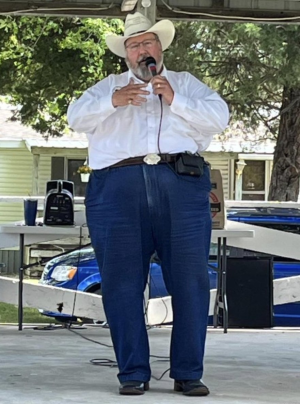- 13,094
- 2,121
- Joined
- Jan 27, 2001
Wasn't sure where to post this but I figured this thread is a good enough place. This is for Long Island by the way:

Must be nice.
Anyway, let's see how much the diversity on a list like this changes under the Trump administration.
There's one "Latino" name on there and trust me, his shade is nowhere near @ninjahood's.
It always boggles my mind when people fail to see how a system almost always benefits only ONE group.
Also, how many of the top earners are police? Interesting.
Looking forward to seeing the progress Long Island makes.
[pimphat represents pure sarcasm in case anyone was wondering]
Must be nice.
Anyway, let's see how much the diversity on a list like this changes under the Trump administration.
There's one "Latino" name on there and trust me, his shade is nowhere near @ninjahood's.
It always boggles my mind when people fail to see how a system almost always benefits only ONE group.
Also, how many of the top earners are police? Interesting.
Looking forward to seeing the progress Long Island makes.

[pimphat represents pure sarcasm in case anyone was wondering]
Last edited:



































